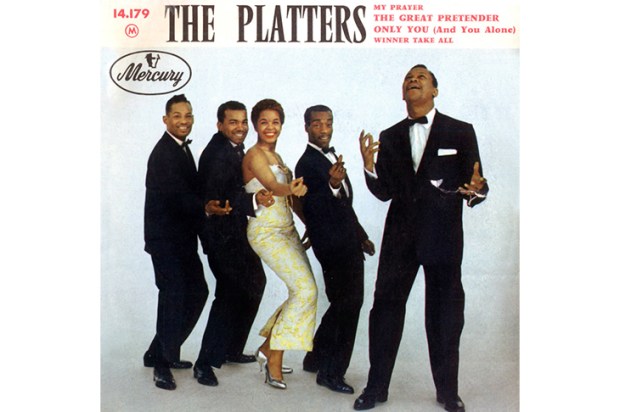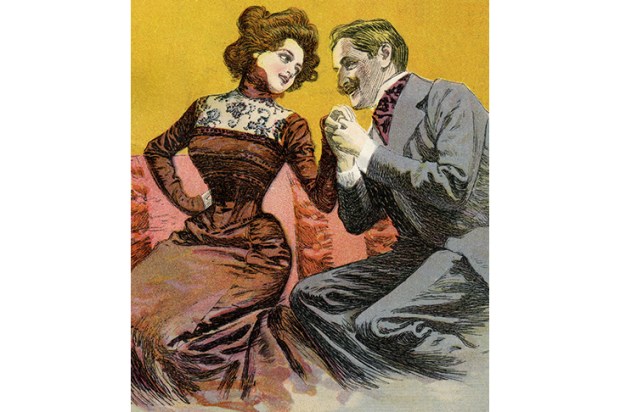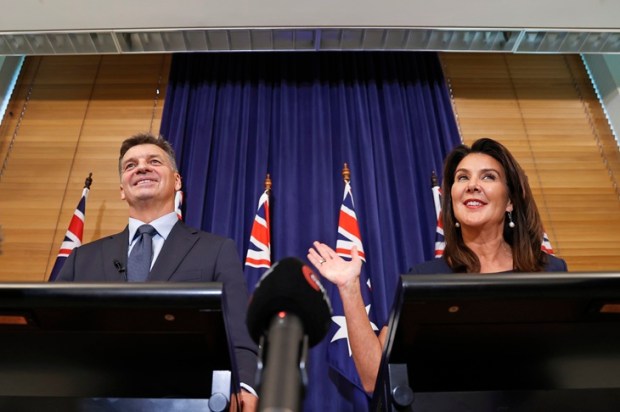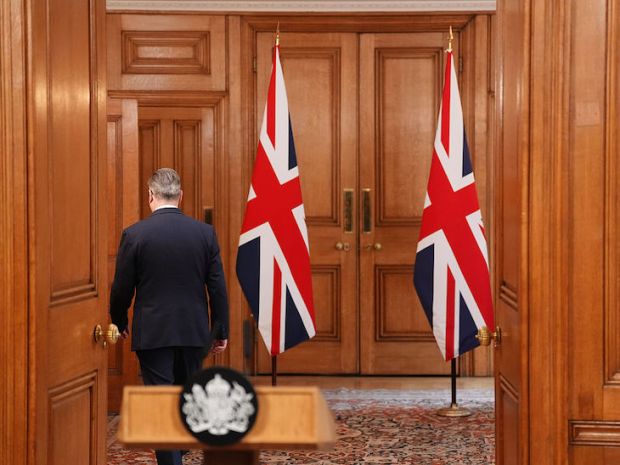Writing in the Daily Telegraph James Morrow referred to something called a preference cascade which he said was a term used by political scientists. This term (new to me) set my wordsmith’s whiskers tingling so I did a bit of digging. It appears that preference cascade was coined by Turkish economist Timur Kuran, It means that average people behave the way they think they ought to, even though that behaviour might not reflect their own personal feelings. Given a sufficient ‘A-ha!’ moment when they discover that their personal feelings are overshadowed by a large portion of the population their behaviour may change dramatically—as they feel compelled to fall in line with others. I wonder if this is what has happened to the climate debate? From the 1980s (when climate hysteria began) most ordinary Australians applied their common sense to the issue. They thought that ‘global warming’ sounded a lot better than ‘global freezing’. On top of which, there’s no point is worrying about it because governments can’t control the climate any more than they can control next Wednesday’s weather. But as the years have gone on, school children have been brainwashed, the hysteria has become more and more alarmist and I now wonder if many are not thinking, ‘Well, it makes no sense to me, but if that’s what most people think…’. At which point the dominoes start to tumble and a preference cascade happens? If that really is what has occurred, then the irresponsible, alarmist media has a lot to answer for.
Reading a piece by the brilliant Adam Creighton (one of Australia’s best journalists) in the Weekend Australian I was startled to come across this statement: ‘US officials are scrambling to sure up gas and liquified natural gas supplies…’. Can you see the problem? It’s that little two-word expression ‘sure up’.
It seems that Adam (or, possibly, an anonymous sub-editor) thinks the expression is spelled this way because it means ‘to make something more sure, more certain’.
But it doesn’t. The correct spelling is ‘shore up’. It is a metaphor, a piece of picture language, meaning ‘to support or strengthen’.
It comes from a very old meaning of the word ‘shore’. We all know that ‘shore’ can mean (and most of the time does mean) ‘a body of land adjoining water’. But it has another meaning. It can also mean: ‘A piece of timber or iron set obliquely against the side of a building, of a ship in dock, etc., as a support when it is in danger of falling or when undergoing alteration or repair; a prop or strut’. And, as part of this meaning, we have the verb ‘to shore’ meaning: ‘To prop, support with a prop.’ In fact, the verb seems to be older than the noun. The verb is recorded from 1340 and the noun from a century later, from 1440. It may be related to that other, and more familiar, meaning of ‘shore’ as land adjacent to water, because such land often needs levee banks (which need to be propped up, or ‘shored up’) to prevent the land being inundated. At any rate, I don’t think the two meanings are entirely disconnected. But there is no such expression as ‘sure up’!
Got something to add? Join the discussion and comment below.
Contact Kel at www.ozwords.com.au
You might disagree with half of it, but you’ll enjoy reading all of it. Try your first month for free, then just $2 a week for the remainder of your first year.












